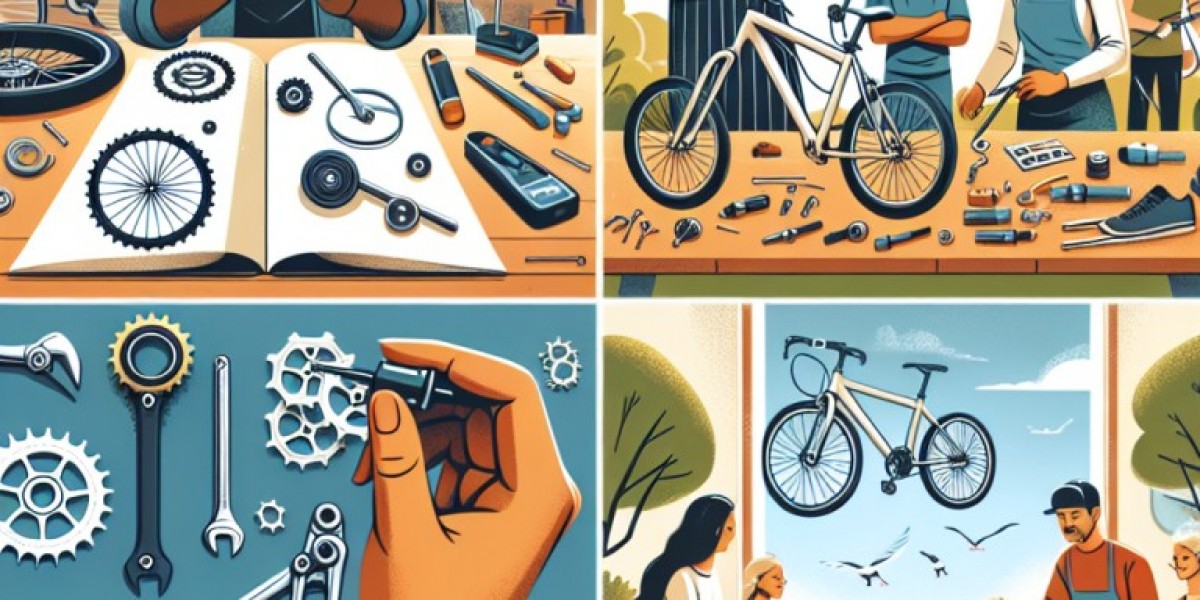When it comes to collecting meaningful data, the quality of the questions asked plays a crucial role. Whether youre conducting market research, gathering employee feedback, or evaluating customer satisfaction, thoughtfully constructed questions are essential. Survey design isnt just about choosing a formatits about asking questions that elicit clear, honest, and useful responses. This is where understanding survey questions examples becomes valuable.
A well-designed survey does more than gather information; it helps you understand behavior, opinions, and motivations. But poorly phrased questions can confuse respondents, introduce bias, or lead to unreliable answers. For example, double-barreled questionsthose that ask two things at oncecan muddy the data. A question like How satisfied are you with our service and support? should be split into two separate items to avoid ambiguity.
Open-ended vs. closed-ended questions is another area where clarity is vital. Open-ended questions provide rich, qualitative data but require more effort to analyze. Closed-ended questions, on the other hand, are easier to quantify but may limit response depth. Balancing both types is key to achieving comprehensive results.
The order and wording of questions also influence responses. Leading or loaded questions can nudge people toward a specific answer, compromising the integrity of your findings. Neutral, clearly phrased items help ensure authenticity. For instance, instead of asking Dont you think our product is great? a better option would be How would you rate our product?
Testing your survey with a small group before a full rollout can highlight confusing wording or unanticipated interpretations. This pilot phase allows adjustments to improve the quality of responses and the overall survey flow.
Lastly, context matters. Tailoring questions to your audienceusing language and references they understandcan significantly improve participation and accuracy. A generic template may not suit every situation.
Careful question design isnt just a technical taskits an ethical one. It respects respondents time and ensures that the insights you gather are as honest and helpful as possible. Reviewing a variety of survey questions examples can be an effective way to understand what works and what doesnt in real-world scenarios.






